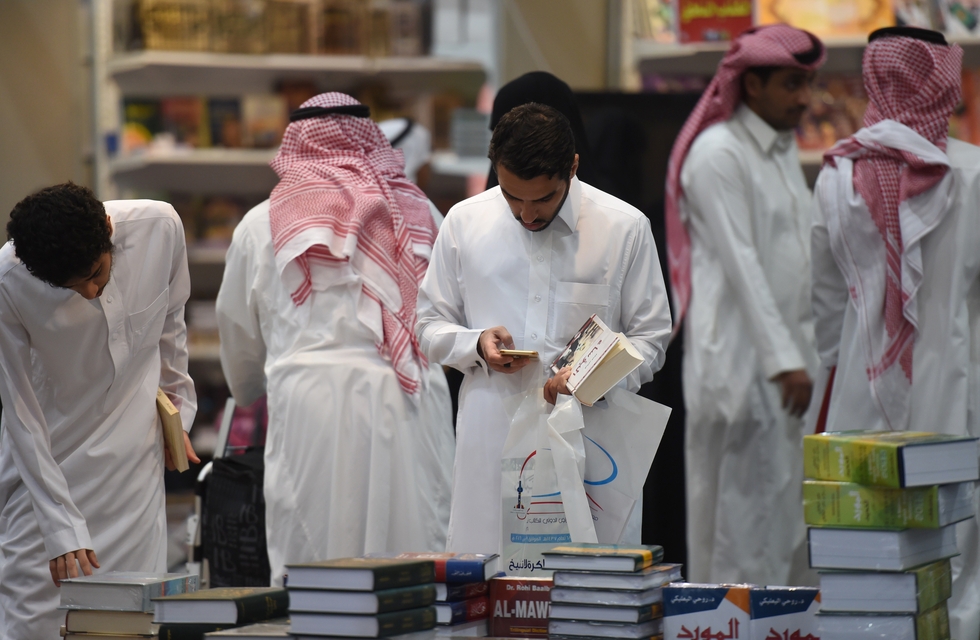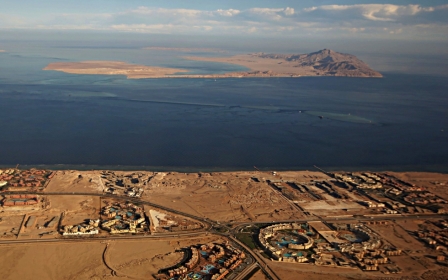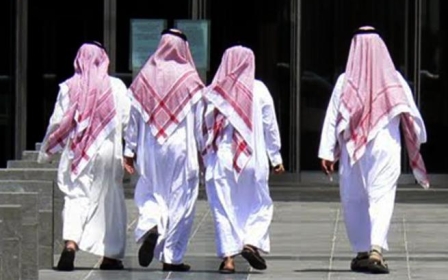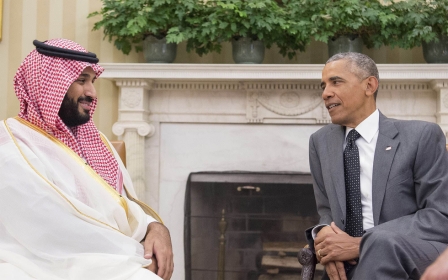50 Saudi men detained over 'un-Islamic' haircuts and necklaces

Authorities in Saudi Arabia arrested 50 youths for having haircuts and wearing necklaces and accessories that were deemed "un-Islamic" on Tuesday.
The arrests took place as part of a Ramadan crackdown by Saudi officials in the western Saudi city of Mecca, home to Islam’s holiest site.
According to Saudi news site Sabq, the 50 young men were handed over to the department of criminal investigations, after investigators inspected shopping centres in the city.
Officers came across the youths while looking for a “number of offences like strange haircuts, chains that are hung upon the chest or arms, head wraps and short clothes and immodest ones - for both men and women,” Sabq reported.
The Saudi Kingdom’s morality police is mandated to advise Saudi citizens about “habits and traditions that are against religious teachings”.
The crackdown against immoral behaviour by Saudi authorities comes after its morality police were ordered to be "kind and gentle" by the Saudi Cabinet in April.
Under changes approved by the Saudi cabinet, religious officers are no longer able to detain people and instead must report violators "breaking the morality" to police or drug squad officers.
A fatwa issued by the Saudi soccer association last April banned all players from having an 'al-Qaza'-style hair cut, one which leaves part of the hair shaved while another part is unshaven.
The fatwa, in its first application, saw three players in a Saudi football match banned from playing until they changed their lifestyles.
But haircuts deemed inappropriate were already banned in the league. A video clip of al-Shabaab goalkeeper Waleed Abdullah, getting a free haircut pitchside to remove his mini mohawk before a match in 2012, went viral earlier this year.
New MEE newsletter: Jerusalem Dispatch
Sign up to get the latest insights and analysis on Israel-Palestine, alongside Turkey Unpacked and other MEE newsletters
Middle East Eye delivers independent and unrivalled coverage and analysis of the Middle East, North Africa and beyond. To learn more about republishing this content and the associated fees, please fill out this form. More about MEE can be found here.




